
A species that is extinct in the wild (EW) is one that has been categorized by the International Union for Conservation of Nature as known only by living members kept in captivity or as a naturalized population outside its historic range due to massive habitat loss.
This article is a list of biological species, subspecies, and evolutionary significant units that are known to have become extinct during the Holocene, the current geologic epoch, ordered by their known or approximate date of disappearance from oldest to most recent.
The Daghestan pine vole is a species of rodent in the family Cricetidae. It is found in Russia, Georgia, Armenia, and Azerbaijan.

The waterfall climbing cave fish, also known as the cave angel fish, is a species of troglobitic hillstream loach endemic to Thailand. It reaches a length of 2.8 centimetres (1.1 in) SL. This fish is known for its fins, which can grapple onto terrain, and its ability to climb. This fish is the only known member of its genus. The species has been recorded from eight subterranean sites within a large karst system in Mae Hong Son Province, Thailand. The species has an extent of occurrence of nearly 200 km2, but an area of occupancy of 6 km2; the connectivity of this karst systems is unknown, some caves are definitely connected. The species is found in eight of the caves. It has been recorded from the Susa and Tham Mae Lana. It may also occur in other submerged caves in the area. However, the species has a potential threat of agricultural pollution which could impact the whole karst system, making it one location.

The Somali hedgehog is a species of mammal in the family Erinaceidae. It is endemic to Somalia and Somaliland. The Somali hedgehog is nocturnal.

The Javanese shrew is a species of mammal in the family Soricidae. It is endemic to Indonesia.
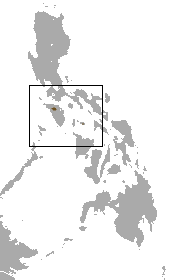
The Mindoro shrew is a species of mammal in the family Soricidae. It is endemic to the Philippines. It is threatened by habitat loss.
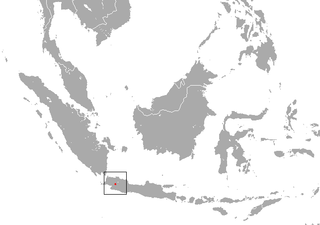
The Oriental shrew is a species of mammal in the family Soricidae. It is endemic to Indonesia. It is threatened by habitat loss.

The pale gray shrew is a species of mammal in the family Soricidae. It is endemic to Pakistan. It is threatened by habitat loss.
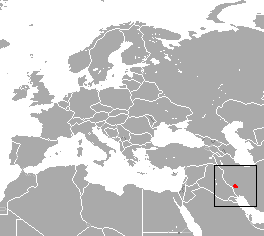
The Iranian shrew is a species of mammal in the family Soricidae. It is endemic to Iran. It is threatened by habitat loss.

Zarudny's rock shrew is a species of mammal in the family Soricidae. It is found in Afghanistan, Iran, and Pakistan.
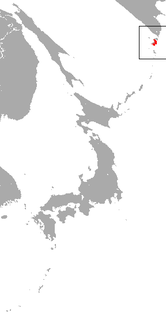
The Paramushir shrew is a species of mammal in the family Soricidae. It is endemic to Russia. Its natural habitat is temperate forests. It is threatened by habitat loss.

The Caucasian shrew is a species of mammal in the family Soricidae. It is found in Armenia, Russia and Turkey.
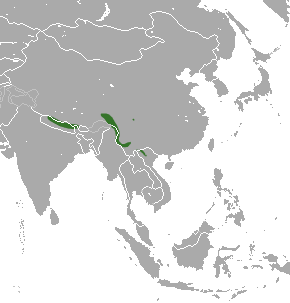
The long-tailed brown-toothed shrew is a species of mammal in the family Soricidae. It is found in China, India, Myanmar, Nepal, and Vietnam.

The Lowe's shrew is a species of mammal in the family Soricidae. It is found in China, Myanmar, Thailand, and Vietnam.
Speleoperipatus is a monospecific genus of velvet worm in the Peripatidae family, containing the single species Speleoperipatus spelaeus.













